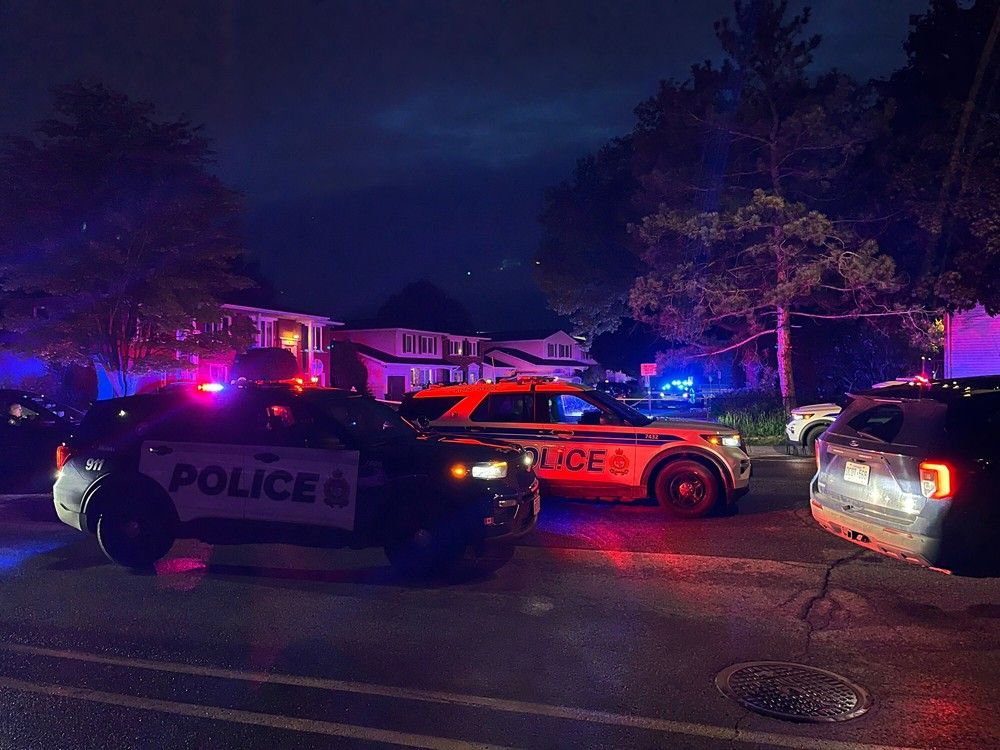Tulsa, Oklahoma’s first Black mayor has proposed a reparations plan (of sorts) for the descendants of one of the most notorious and horrific race massacres in America’s history, but can such a proposal come to fruition in a state that has, multiple times, denied reparations to the actual survivors of the 1921 Tulsa Race Massacre?
According to the Associated Press, the reparations proposal, which Mayor Monroe Nichols won’t even officially call a reparations plan due to how politically polarizing the term is, wouldn’t provide direct payments to citizens. Instead, Nichols characterized his proposal as one that would put the Tulsa community on the “road to repair” by creating a private charitable trust with a goal to secure $105 million in assets, including $60 million “to go toward improving buildings and revitalizing the city’s north side,” AP reported. The mayor said his plan wouldn’t require city council approval, but the city council would have to approve the transfer of any city-owned assets to the trust.
“For 104 years, the Tulsa Race Massacre has been a stain on our city’s history,” Nichols said Sunday, announcing the proposal to an audience of several hundred people at the Greenwood Cultural Center, which is located in a district of North Tulsa that was decimated by the white mob in 1921. “The massacre was hidden from history books, only to be followed by the intentional acts of redlining, a highway built to choke off economic vitality and the perpetual underinvestment of local, state and federal governments.”
“Now it’s time to take the next big steps to restore,” he declared.
“The Greenwood District at its height was a center of commerce,” Nichols told AP. “So what was lost was not just something from North Tulsa or the Black community. It actually robbed Tulsa of an economic future that would have rivaled anywhere else in the world.”
Nichols, who signed an executive order earlier this year recognizing June 1 as Tulsa Race Massacre Observance Day, acknowledged that a major hurdle that could get in the way of his plan is the war on all things diversity, equity and inclusion waged by the administration of President Donald Trump.
“The fact that this lines up with a broader national conversation is a tough environment, but it doesn’t change the work we have to do,” he said.

Of course, Nichols would be right to be wary about Trump’s overreaching administration medling in his city’s affairs over nonsensical (and racist as hell) DEI concerns. This is, after all, the same administration that recently ended a wastewater settlement for a mostly Black Alabama town, falsely calling it “environmental justice as viewed through a distorting, DEI lens,” simply because environmental racism was addressed in the reaching of the settlement. Even more recently, Trump expressed his intention to end a Biden-era program to expand high-speed internet to underserved communities, including rural areas, falsely claiming it provides “woke handouts based on race,” despite the fact that poor people from rural communites could absolutely be of any race (and would also include a significant portion of his MAGA cultists).
But if Nichols is worried about Trump putting the kibosh on his proposal, he should be doubly worried about what his own state government might do. Last year, the Oklahoma Supreme Court sided with lower courts in dismissing a lawsuit or reparations filed by 110-year-olds Viola Ford Fletcher and Lessie Benningfield Randle, the two remaining survivors of the massacre.
Here’s what I wrote about that previously:
None of it is terribly surprising, of course. The same year the lawsuit seeking reparations was filed, Oklahoma Gov. Kevin Stitt signed into law another Republican white fragility bill prohibiting teachings in K-12 schools that include Critical Race Theory, a college-level academic framework that is not taught in K-12 schools, as well as any other race-based curriculum that causes “discomfort, guilt, anguish or psychological distress” to (white) students. (Oklahoma wants to be Florida so bad.) Then, in 2022, Stitt called for an investigation into Tulsa Public Schools after claims that the school district violated the state’s anti-CRT law, which was denounced by both the Oklahoma City Public Schools Board of Education and the Tulsa Race Massacre Centennial Commission, of which Stitt had the caucasity to be a member of until he was booted from the commission for signing the law that would certainly whitewash the manner in which the Tulsa massacre could be taught—in Tulsa.
So yeah — good luck to Mayor Nichols, and we hope his bare-minimum proposal becomes a reality in Tulsa, but he might be fighting an uphill battle in a state that, much like the current federal government, will always prioritize white nationalism, white supremacy and white people’s eternally fragile feelings over racial justice.
SEE ALSO:
Op-Ed: Misogynoir Is Why Many Black Women Don’t Care That Telvin Osborne’s Killer Won’t Be Charged
Trump Admin To Settle Suit Claiming Program For ‘Disadvantaged’ Businesses Only Serves ‘Women And Certain Minorities’
Tulsa’s 1st Black Mayor Proposes Reparations Plan For Descendants Of Race Massacre, But Will It Work In Trump’s America?
was originally published on
newsone.com
The Urban Daily Featured Video
CLOSE



